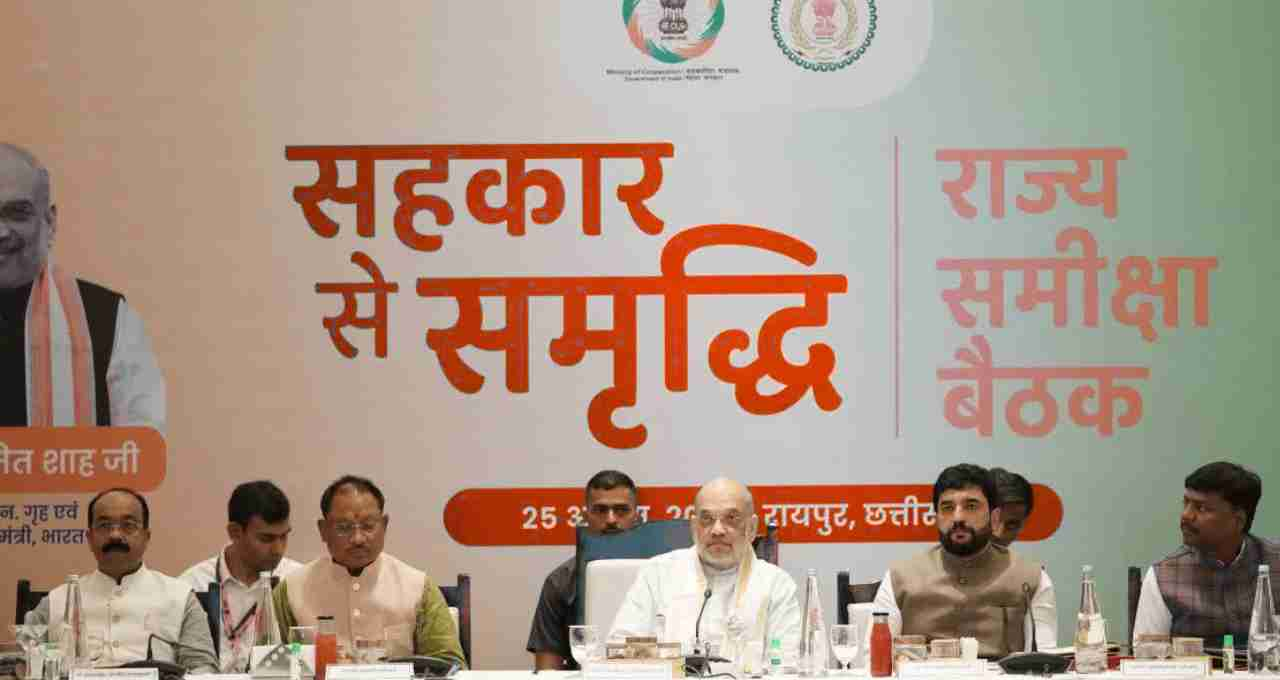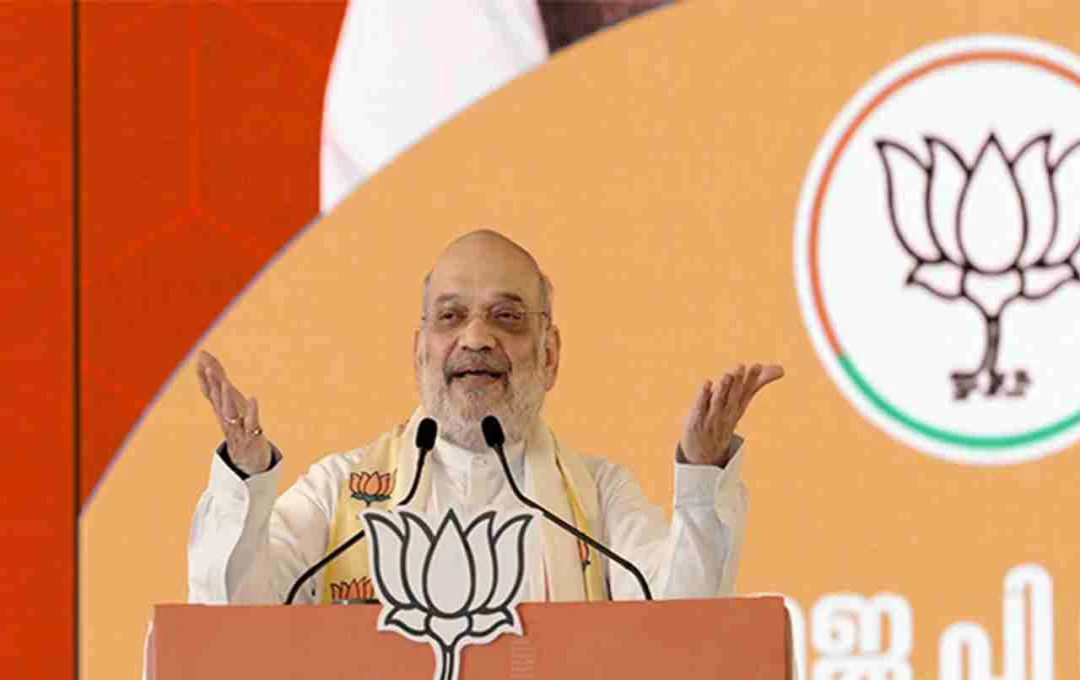Amit Shah today unveiled the New National Cooperative Policy 2025. Its aim is to modernize cooperative institutions, connect them with innovation, and increase employment opportunities in rural India.
Cooperative Policy: July 24, 2025, became a historic day for the cooperative sector of India when Union Home Minister and Minister of Cooperation, Amit Shah, formally unveiled the "National Cooperative Policy 2025." This policy is considered a major step towards making cooperative institutions future-ready. The policy aims to bring prosperity to rural and urban areas by connecting the cooperative movement in the country with new technology, innovation, and youth power.
Policy Goal: Inclusive and Future-Oriented Cooperative Mechanism
The Ministry of Cooperation stated that the main objective of the New Cooperative Policy 2025 is to revitalize and modernize the cooperative sector. This policy will act as a roadmap to guide the achievement of economic and social prosperity at the grassroots level through cooperation.
Union Minister Amit Shah said, "This policy, under the leadership of Prime Minister Modi Ji, will lay the foundation for a capable and future-oriented cooperative India by connecting the cooperative movement with innovation, modern technology, and youth energy."
New Vision Policy to Replace Old Policy
The first National Cooperative Policy in India was introduced in the year 2002. The main objective of that policy was to create infrastructure for better management of economic activities within cooperative institutions. However, in the past two decades, globalization, technological advancements, and socio-economic changes have reshaped the role of the cooperative sector.

In view of these changes, the Ministry of Cooperation has prepared a contemporary and empowering policy that can make cooperation competitive and result-oriented in today's economic, social, and technological contexts.
Contribution of Cooperation to the Goal of Developed India 2047
According to the Ministry, the objective of the New Cooperative Policy 2025 is to strengthen the participation of the cooperative sector in achieving the goal of "Developed India 2047." This policy seeks to provide cooperative institutions with a framework that enables them to increase employment opportunities in rural areas, enhance the participation of women, and make extensive contributions in areas such as agriculture, milk production, financial services, market access, and digital inclusion.
Key Points: Features of the New Cooperative Policy
- Technological Integration: The new policy includes a plan to connect cooperative institutions with digital platforms and modern technology. This will promote transparency, efficient operations, and member participation.
- Youth Participation: The policy aims to connect the youth with the cooperative movement so that they can bring innovation and leadership to this sector.
- Inclusive Development: Special provisions have been made to increase the participation of women and marginalized communities.
- Public-Private Partnership (PPP): The policy encourages partnerships with the private and public sectors for cooperative institutions so that capital and expertise can be exchanged.
- Training and Skill Development: An institutional framework will be created to train members and employees.
Extensive Consultation and Participation in Policy Making
Extensive consultations have been held with states, national and state-level cooperative unions, academicians, policymakers, and experts in the formulation of the National Cooperative Policy 2025. Its draft has been prepared based on the participation and feedback of all concerned parties. Cooperative institutions in India have been working for a long time in areas such as agriculture, milk production, rural banking, consumer distribution, and housing. India's largest dairy brand, Amul, is itself a cooperative institution.











